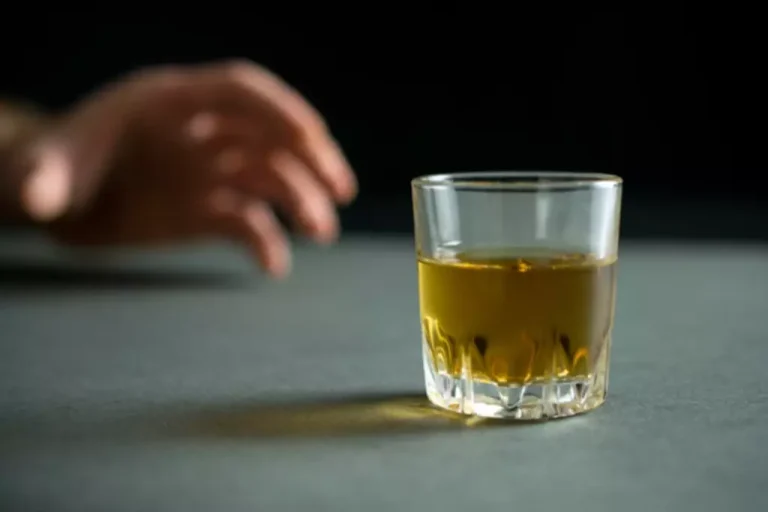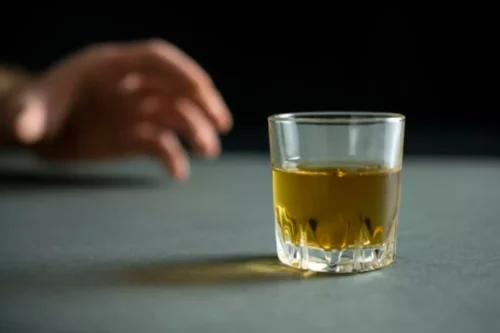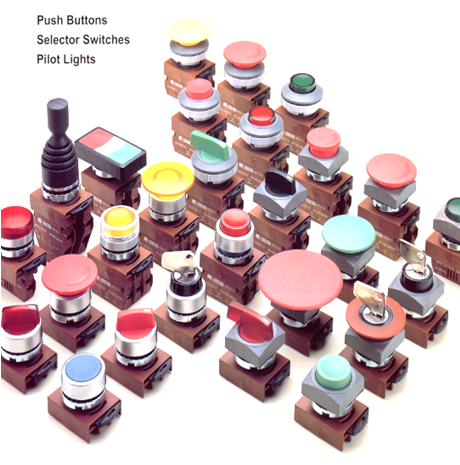
A reaction to high-histamine foods could be a sign of histamine intolerance. Your body has two enzymes that are supposed to break down histamine, but sometimes they don’t work as well as they should. Gin, vodka, and whiskey are all made from gluten-containing grains such as wheat, rye, and barley.
Why can’t I drink alcohol anymore without feeling sick?
There is also an increased risk of liver cancer if you continue to drink while intolerant. Self-diagnosis of alcohol intolerance or allergy is not advised. Instead, you should seek help from an immunologist at a specialist allergy clinic. If any of these are positive, it would mean you have an allergy to alcohol.

Exercises to Improve Bone Density and Reduce Osteoporosis Risk
Antihistamines like Allegra (fexofenadine) and Zyrtec (cetirizine) can help alleviate histamine intolerance symptoms. However, the best treatment is the avoidance of histamine in the foods we consume, including alcohol. Many foods, including red wine and aged cheese, are high in histamine. This is the same chemical involved in allergic reactions in the body. This is why the best alcohol intolerance remedy is to simply drink less.
Signs and symptoms
- True alcohol allergy is thought to be rare, while alcohol intolerance is more common.
- This disorder also involves having to drink more to get the same effect or having withdrawal symptoms when you rapidly decrease or stop drinking.
- Finding the best alcohol for alcohol intolerance is a personal process.
- Further research is needed to establish a clearer understanding of this phenomenon.
- Anaphylaxis is a severe and life-threatening allergic reaction that can cause dangerously low blood pressure and problems breathing.
Sudden onset alcohol intolerance can be perplexing and concerning when it develops. Genetic alcohol intolerance will be present during your entire life, so if it suddenly starts, it is typically due to another reason. The most common cause is starting a new medication that inhibits the enzymes needed to metabolize alcohol, leading to new intolerance symptoms. Metronidazole (Flagyl) and disulfiram (Antabuse) are the most common medications that cause this.
- If you have an alcohol allergy, you can develop an itchy rash, swelling, nausea, and even breathing trouble.
- If you react strongly to alcohol, but have a hard time reducing your drinking, Ria Health can help.
- An alcohol allergy occurs when the immune system overreacts to alcohol entering the body.
- People with sulfite allergies will likely need to avoid red wine.
- Symptoms of an allergic reaction to LTP usually appear within minutes and include swelling, itchiness, digestive problems, breathing difficulties and, in extreme cases, anaphylaxis.
- Avoid the beverage or beverages that seem to cause your reaction until your doctor’s appointment.
- It helps to read the product label, although many ingredients used in the fermentation or distillation process may not be included.

So, Dr Sim urges anyone who knows they’re allergic to certain foods, particularly grains, to be aware they could be in drinks, too. Symptoms of alcohol intolerance can make a person feel uncomfortable. Symptoms are more likely to be a reaction to the ingredients in a drink, or the alcohol causing other types of allergies to worsen. For example, alcohol may exacerbate preexisting asthma conditions.

People with alcohol intolerance may also experience nasal congestion after drinking alcohol. Next to flushing, a stuffy nose is the most commonly reported symptom of alcohol intolerance. Your nose may run or feel congested, and some people also sneeze after drinking. However, allergies to certain ingredients in alcohol can sometimes resemble alcohol intolerance. These ingredients may include gluten, grain, chemicals, and preservatives. If you experience symptoms no matter what type of alcohol you drink, it’s more likely that you have alcohol intolerance.
When it comes to allergies to any component of an alcoholic drink, you must never consume it. Alcohol is toxic and must be converted by the body into non-toxic substances. This takes time, which is why the symptoms can last for a whole day or more. Because denial is common, you may feel like you don’t have a problem with drinking.
- Many foods, including red wine and aged cheese, are high in histamine.
- In some cases, over-the-counter or prescribed medications might help alleviate symptoms.
- The healthcare professional uses a lancet to pierce a person’s skin and apply a small amount of the suspected allergen to see if it causes a reaction.
- This is caused by inherited (genetic) traits most often found in Asians.
Unless gluten-containing flavorings are added after the distillation process, distilled spirits are considered gluten-free. The same applies to distilled alcohol made from wheat if you have a wheat allergy. If you have an alcohol allergy, your doctor will often advise staying away from alcohol at all times. Because alcohol (ethanol) is often present in things like cleaning supplies and hand sanitiser, you’ll need to be extra cautious about what you use. You may also need to carry an EpiPen to deal with the potential risk of an accidental encounter.
You and your community can take steps to improve everyone’s health and quality of life. Symptoms of an allergic reaction to LTP usually appear within minutes and include swelling, itchiness, digestive problems, breathing difficulties and, in extreme cases, anaphylaxis. Research suggests that up to 10 percent of asthmatics are sensitive to sulphites, with the severity of reactions varying from mild to life-threatening.
Here’s some information to help you get ready for your appointment. Because the condition is inherited, there is no way to cure or treat it. Your healthcare provider can recommend ways to limit unpleasant symptoms. People often confuse alcohol intolerance and alcohol allergy, but they aren’t the what causes alcohol intolerance same condition. If you have alcohol allergy, the only way to avoid symptoms is to avoid alcohol completely.
